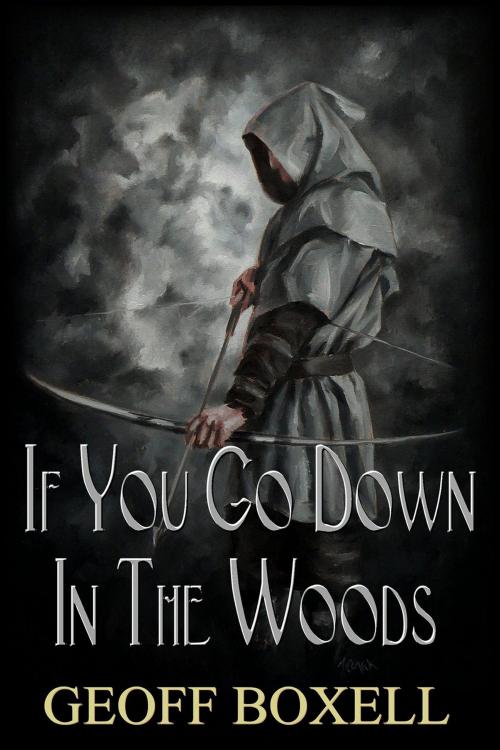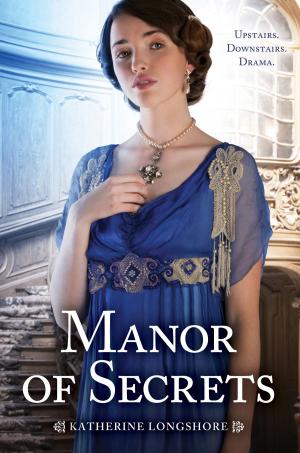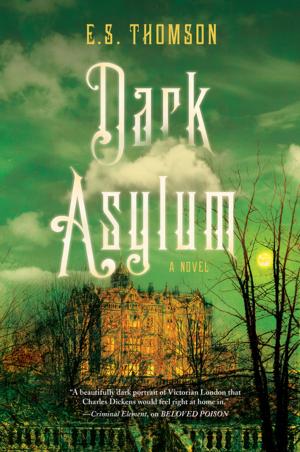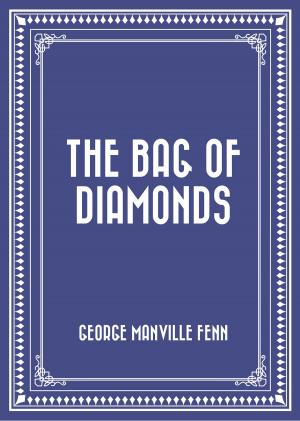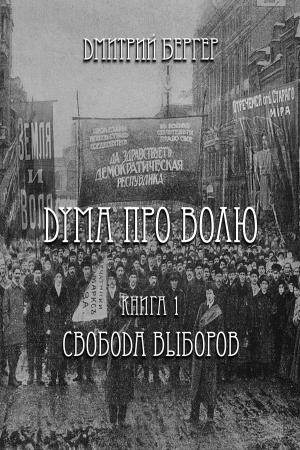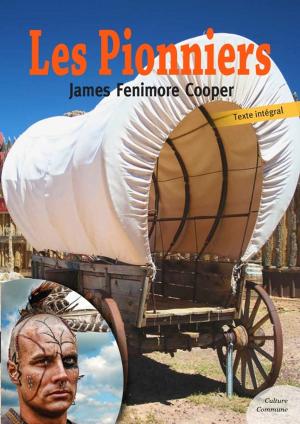| Author: | Geoff Boxell | ISBN: | 9780473324858 |
| Publisher: | Geoff Boxell | Publication: | July 21, 2015 |
| Imprint: | Smashwords Edition | Language: | English |
| Author: | Geoff Boxell |
| ISBN: | 9780473324858 |
| Publisher: | Geoff Boxell |
| Publication: | July 21, 2015 |
| Imprint: | Smashwords Edition |
| Language: | English |
In 1215 King John of England repudiated the Magna Carta he had previously signed guaranteeing basic rights to the freemen of the kingdom. Many of the barons, who had forced the King to sign the Magna Carta, rose in revolt as a result. King John proved to be a wily commander and when it looked as if he would crush the revolt the barons turned to the King of France's eldest son, Louis the Dauphin - a foreigner - and offered him the Crown of England. In 1216 Louis landed in England with a large French army and set about conquering England. London and the rebel barons welcomed him with open arms and proclaimed him King of England. Whilst prior to King John's death the French and their rebel baron allies held most of southern England, they never held the great Wealden forest of Kent and Sussex which separated the Channel coast from London. Not only did they not hold it, they feared it for it was the domain of William of Cassingham, known as Willikin of the Weald, and his yeomen archers. Willikin and his men ambushed and killed any French who dared to venture into the Weald and put their heads on stakes to warn others of what of what waited for them in the woods.
Yet Willikin did not have an army; he had small bands of ordinary freemen willing to lay down their lives to remain free of French rule. Two of those men were the twin brothers Godfrey and Thomas Wulfson of Iping; farmers and woodsmen. This is their story.
I have tried to keep the story as close as I can to that undertaken by Willikin and his archers. I do confess though that the assassination of Mark Strongman and his lover is fictional but the way it was done is based on an actual recorded event. With regards to the amount of poaching at the times read Stenton's 'English Society in the Early Middle Ages' which shews that it was on a massive scale through the whole Medieval period. The methods of sending lime dust onto the French ships during the Battle of Sandwich are taken from an illustration in Matthew of Paris' description of the battle.
In 1215 King John of England repudiated the Magna Carta he had previously signed guaranteeing basic rights to the freemen of the kingdom. Many of the barons, who had forced the King to sign the Magna Carta, rose in revolt as a result. King John proved to be a wily commander and when it looked as if he would crush the revolt the barons turned to the King of France's eldest son, Louis the Dauphin - a foreigner - and offered him the Crown of England. In 1216 Louis landed in England with a large French army and set about conquering England. London and the rebel barons welcomed him with open arms and proclaimed him King of England. Whilst prior to King John's death the French and their rebel baron allies held most of southern England, they never held the great Wealden forest of Kent and Sussex which separated the Channel coast from London. Not only did they not hold it, they feared it for it was the domain of William of Cassingham, known as Willikin of the Weald, and his yeomen archers. Willikin and his men ambushed and killed any French who dared to venture into the Weald and put their heads on stakes to warn others of what of what waited for them in the woods.
Yet Willikin did not have an army; he had small bands of ordinary freemen willing to lay down their lives to remain free of French rule. Two of those men were the twin brothers Godfrey and Thomas Wulfson of Iping; farmers and woodsmen. This is their story.
I have tried to keep the story as close as I can to that undertaken by Willikin and his archers. I do confess though that the assassination of Mark Strongman and his lover is fictional but the way it was done is based on an actual recorded event. With regards to the amount of poaching at the times read Stenton's 'English Society in the Early Middle Ages' which shews that it was on a massive scale through the whole Medieval period. The methods of sending lime dust onto the French ships during the Battle of Sandwich are taken from an illustration in Matthew of Paris' description of the battle.
